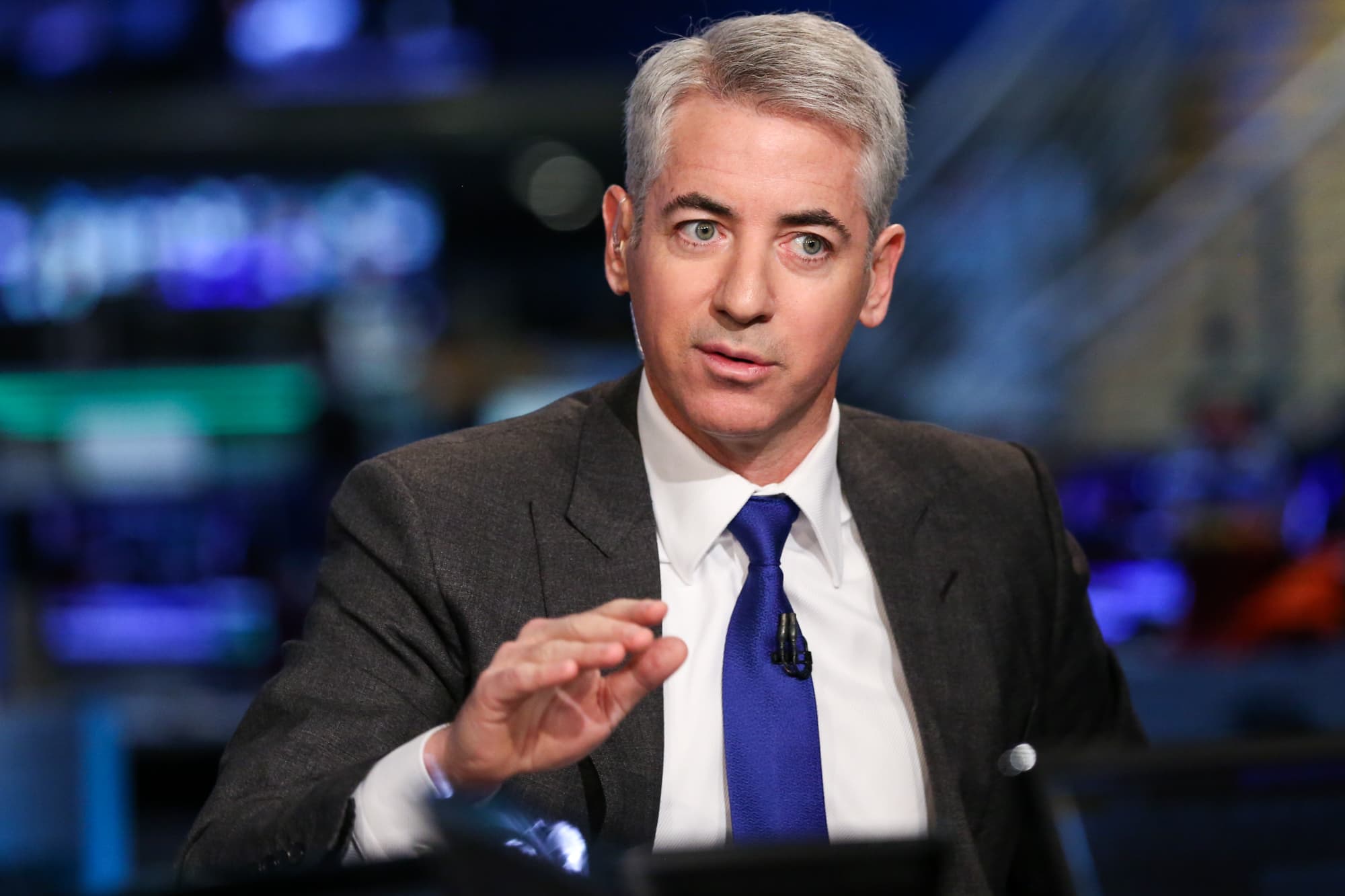This post was originally published on this site

Pershing Square Capital manager Bill Ackman defended his emotional CNBC appearance last week after his fund announced a few days later that it made over $2 billion on bets against the markets. The investor warned that “hell is coming” and that hotel stocks could go to zero in the interview.
“Shortly after the show, I heard that some had interpreted my remarks as being very bearish on the market,” Ackman told investors on Thursday. “The idea that my appearance pushed the market down an additional 4% that day is absurd.”
“Yes, I got somewhat emotional as I talked about protecting my immune-compromised father from the ravages of the virus. But, I had become bullish because of my belief that the entire country would soon go into lockdown, and that would be the fastest and best way to minimize the impact of the virus,” he added.
The billionaire investor had urged President Donald Trump on March 18 to seal off the U.S. from the rest of the world “for the next 30 days” to protect the American population from further coronavirus destruction before joining CNBC’s Scott Wapner later that day.
At that time, Ackman warned that hotel-operator Hilton Worldwide was “going to zero … along with every other hotel company in the world,” said that America could “end as we know it” and cautioned U.S. companies to stop their stock buyback programs because “hell is coming.”
The impassioned interview sparked controversy, however, as other investors argued that Pershing would profit from further market declines thanks to a series of prescient bets made in February. Ackman disclosed on March 3 that he’d purchased a variety of credit default swaps on investment-grade and high-yield indexes, essentially purchasing insurance on credit which would increase in value as the underlying assets deteriorated and spreads widened.
Ackman explained on March 3 that he’d purchased the default swaps as hedges against the market if efforts to contain the novel coronavirus had a “substantial negative impact on the U.S. and global economies” as he thought likely. But some argued that his appearance on CNBC on March 18 was intended to sew further fear and increase the value of the swaps.
“A number of press reports have raised questions about my appearance on CNBC last Wednesday, and some have even questioned whether my appearance was intended to drive down the market so that we could profit on hedges we had previously entered into,” Ackman wrote in the letter.
But Ackman reiterated that he had said in the interview on March 18 that he had already started adding to Pershing’s existing stock holdings since equitieslooked cheap amid the historic market sell-off.
“I’ve been aggressively buying stocks including Hilton today. And I’ve been buying all the way down — Hilton, Restaurant Brands and Starbucks,” Ackman said on March 18.
He added on Thursday that, contrary to the opinion held by those including ex-hedge fund manager Michael Novogratz that the interview was panic-inducing, his bullishness was evident in his purchases.
“My bullish posture and my statements on CNBC and Twitter were strongly supportive of the markets. I made those statements at the time we were buying stocks and reducing our short in the credit markets,” he wrote Thursday.
Ackman said in his letter that his hedge had already paid off prior to his appearance on CNBC and that Pershing had sold most, but not all, of the hedge prior to his interview with Wapner.
“In fact, if you believe we move markets – a highly dubious assertion – one could argue that had I not told the world that we were bullish and were buying stocks, both equity and credit markets would have declined even more than they did, and we would have made more money on the hedges,” Ackman wrote.
Subscribe to CNBC PRO for exclusive insights and analysis, and live business day programming from around the world.


